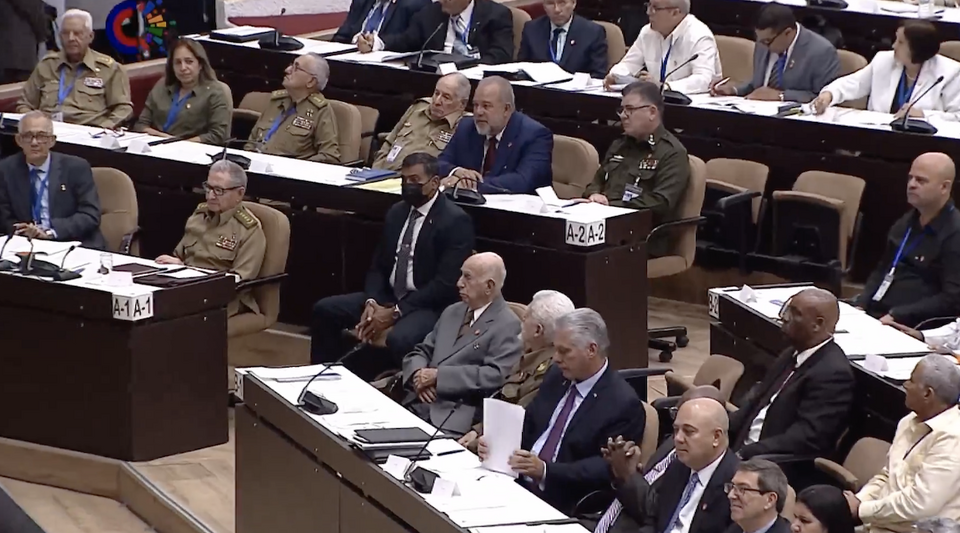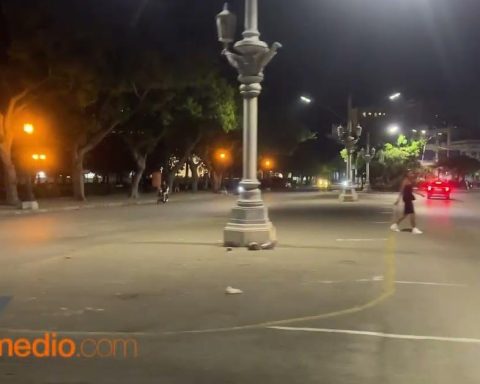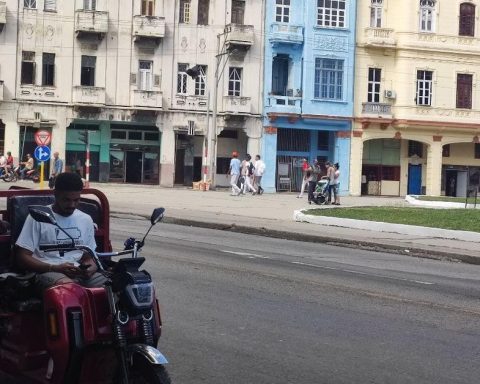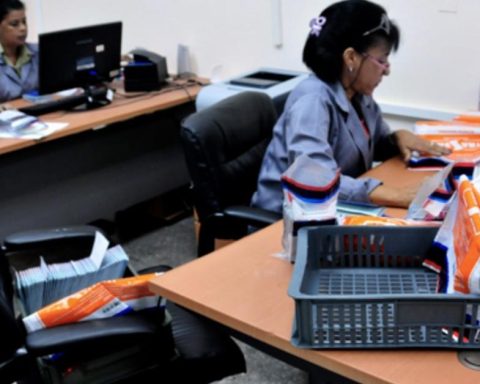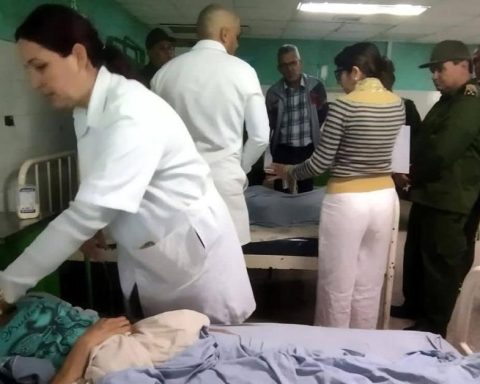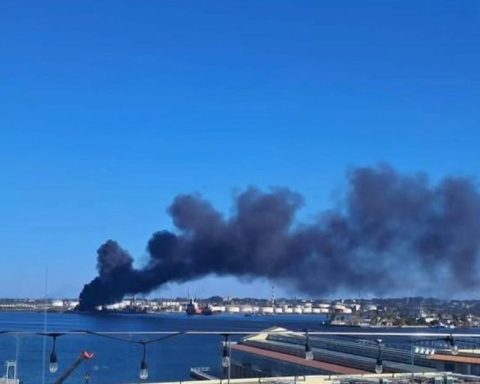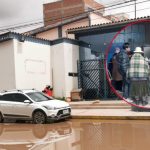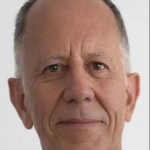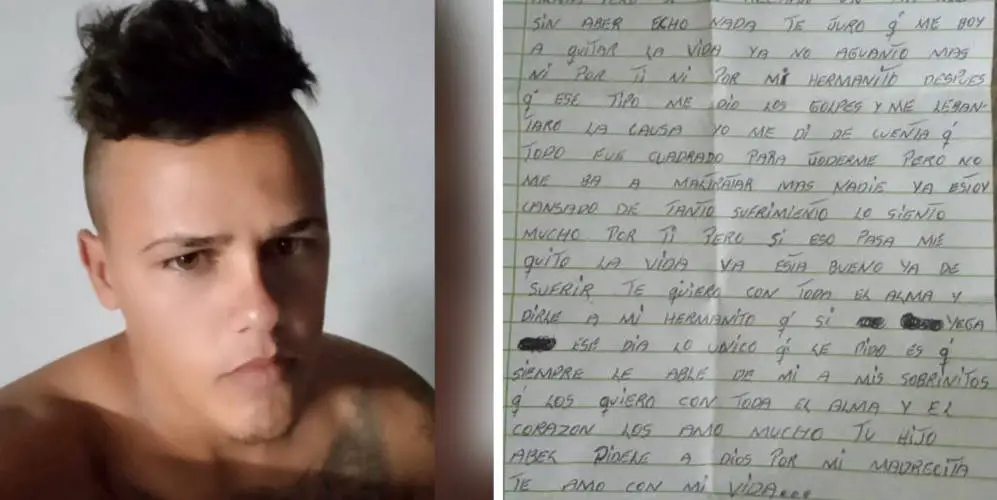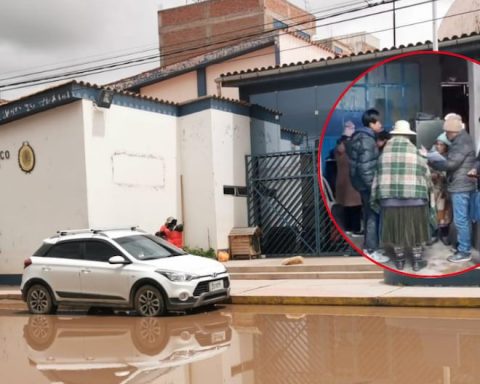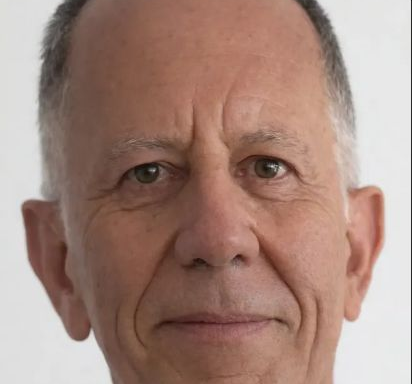Without pain or glory and with the unanimity of the 462 deputies present, the candidacy of Miguel Díaz-Canel has been submitted to the vote of Parliament and there is no doubt that the current president will be redirected, this Wednesday, in his duties at the leadership of the Cuban State. The candidacy of Salvador Valdés Mesa as Vice President of the Republic has also been ratified.
The only deputies who asked to speak, barely four, did so to praise the candidacies for Parliament’s table. This was the case of Reina Torres, from Ciego de Ávila, who greeted Raúl Castro –present at the session–, whom she assured was still “mounted on the horse” of Cuban politics, and also Daicar Saladrigas, from Camagüey, who He considered that the government should “continue to exalt”. In addition, former spy Gerardo Hernández asked to speak to correct a fact in his biography: what he did in Angola were not “combative actions” but “combative missions.”
Jorge Legañoa, one of the pro-government journalists in charge of analyzing the vote, affirmed that the new government will face a country that “after July 11” – when the biggest protests on the island in decades took place in 2021 – can already be considered “monolithic”. “It is a country with the immigration issue on the surface and with economic problems,” he acknowledged.
The new government will face a country that “after July 11” can no longer be considered “monolithic”, stated the official press
The constitutive session of Parliament, broadcast live by Cuban Television from the Havana Convention Center, began at 9:22 a.m. this Wednesday, with a speech by the president of the National Electoral Council, Alina Balseiro. After confirming the validity of today’s process, he offered details on what he called the “social composition” of the voters, including their “classification by skin color”: 212 deputies – 45.11% of the total – are ” blacks and mulattoes”, while the remaining 258, 54.89%, are “whites”, he explained with the help of a graph.
He also pointed out that the average age of the deputies is 47 years, and that 94% of them are between 18 and 35 years old. In addition, he celebrated that 226 were women.
In a packed room, the olive green uniforms of the members of the Armed Forces stood out among the deputies, particularly Ana Guillermina Lastres, president of the Gaesa military conglomerate. In the first seats, accompanying Raúl Castro, were other “historical” ones such as Ramiro Valdés and José Ramón Machado Ventura.
In the first part of the vote, Esteban Lazo, 79 years old, was elected for the third time as president of the National Assembly –with 443 of 462 votes (96.1%)–, a position he has held since 2013, as well as Ana María Mari Machado (457) as vice president and, as secretary, Homero Acosta (456) –one of the deputies left his ballot blank–. In accordance with the law, the three members of the board of Parliament occupy the same positions in the Council of State.
As for this body – which is in charge of choosing the Government and approving the laws proposed by Parliament – 10 new members were elected and eight of the members of the previous Council were ratified in office, including former spy Gerardo Hernandez and Ulises Guilarte de Nacimiento.
Among those who were excluded are the historian Eduardo Torres Cuevas and the athlete Yipsi Moreno, who in July 2022 left her position as National Athletics Commissioner after the “desertion” of several athletes Cubans at the World Athletics Championships in the US Although in this case there were no blank ballots, one was annulled.
The 21 members of the Council of State, in addition to Lazo, Machado and Acosta, were: Aylin Álvarez, Teresa Amarelle, Ulises Guilarte by birth, Beatriz Jhonson Urrutia, Gerardo Hernández, Mirian Nicado, Yoerkis Sánchez, Rafael Santiesteban, who were members of the previous Council . And, as new members: Yurisa Lahera, Yury Valdés, Maricela Figueredo, Juana Yamilka Viñals, Angélica María Chorens, Taymí Martínez, Omara Durand, Iván Santos, Julio Emilio Morejón and Elier Ramírez Cañedo.
Among those who were excluded are the historian Eduardo Torres Cuevas and the athlete Yipsi Moreno, who in July 2022 left her position as National Athletics Commissioner
After defining the structure of the Council of State and the presidency of Parliament, the voters received the proposals of candidates for the presidency and vice-presidency of the Republic. Several deputies also took the floor here, this time to flatter Miguel Díaz-Canel, such as Danhiz Pereira, from Havana, who made a long assessment of his “achievements” over the last five years.
Both the candidacy of Díaz-Canel and that of Mesa were ratified unanimously.
According to the 2019 Constitution, if elected, Miguel Díaz-Canel will be responsible for exercising the function of Cuba’s head of state for the next five years, in addition to directing the island’s foreign policy, its military command and security supervision. national. Díaz-Canel also holds the position of first secretary of the Communist Party.
________________________
Collaborate with our work:
The team of 14ymedio He is committed to doing serious journalism that reflects the reality of deep Cuba. Thank you for accompanying us on this long road. We invite you to continue supporting us, but this time becoming a member of our newspaper. Together we can continue transforming journalism in Cuba.
